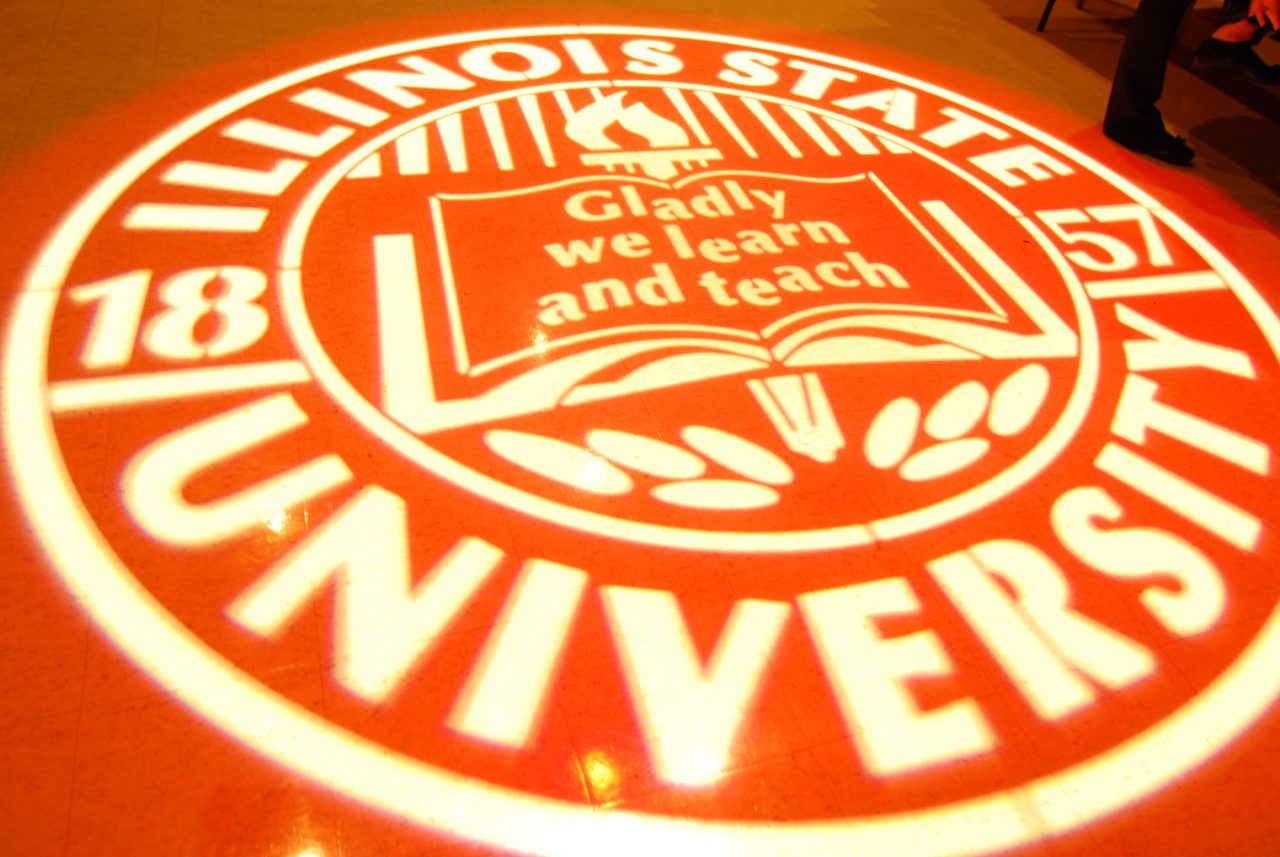The Women’s Mentoring Network started in fall of 2003 to assist beginning or returning women students. The mentors are campus female professionals who help create a welcoming environment for students to ease their transition into higher education.
The mentors, often nontraditional students themselves, understand what is needed to assure the success of the mentees. Current co-chairs of the Women’s Mentoring Network Pam Walden and Michelle Schuline said while many events are offered for the mentees, the primary focus is the one-to-one relationship of the paired mentor and mentee. Many of the pairs are matched up due to common interests or experiences, but whatever the pairing, the purpose is assistance.
Walden said helping someone establish their goals and providing something needed to help with student success is her idea of what the Women’s Mentoring Network is all about. She said they offer many different opportunities for the mentees to network with the mentors and with each other, such as the annual Women’s Mentoring Network Kick Off Picnic, the weekly coffees at the Julia N. Visor Academic Center, Nontraditional Student Lunch Buddies events and a pizza social.
There is also a study space for nontraditional students in the Women’s and Gender Studies Program library room, a quiet space where women can sit, eat lunch and read between classes. The Women’s and Gender Studies Library and Reading Room has computers for printing papers for free, getting e-mail or surfing the Internet.
Schuline, a mentor since the inception of the program, said she was a nontraditional student who could have benefited from the networking and socializing. She said another resource for mentees is the annual Women’s Mentoring Network Book Award, an award that pays for textbooks. The recipients are announced at the Nontraditional Student Social and Awards ceremony held each April.
Recent graduate and mentee Donna Lindsey said “The Women’s Mentoring Network has helped me as an individual to realize the potential within me to enhance the rest of my life.” Amy Stupay, another mentee and recent graduate, said “Because of the relationship I built through the Women’s Mentoring Network, I went from being a student to an engaged member of the Illinois State University community.”
“Back when we created the Women’s Mentoring Network, we knew there was a need for nontraditional women students to feel a part of Illinois State University and be comfortable on campus,” said former mentor Teri Farr, assistant to the chair in the Sociology and Anthropology department. “Little did we know how great the need was. I love connecting with our students and other mentors, learning from each other and encouraging students to continue their studies and graduate from Illinois State. As an alumna, I feel a strong bond and connection to our campus and community. I wanted our students to be offered and afforded the same opportunities that I had, a chance to connect with faculty, staff and other students and to be given out-of-classroom learning opportunities that enrich their college experience. Returning to college as an older person can sometimes be overwhelming, and it is a privilege to be able to provide a shoulder and be a cheerleader for Illinois State students.”

